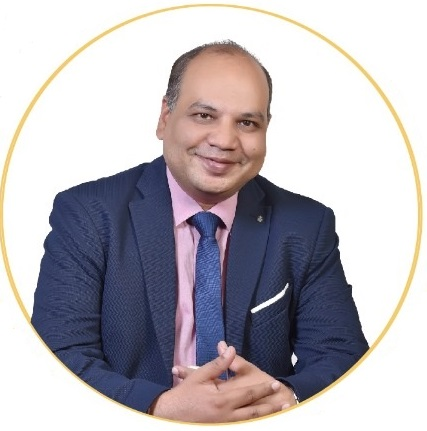TOP CA COURSES TO DO AFTER CA
Introduction
The world of finance and accounting offers a myriad of career opportunities, and a Chartered Accountant (CA) is in a unique position to explore these paths. In addition to traditional roles, CAs can specialize further by acquiring additional qualifications. This blog explores some of the top career avenues for CAs and the additional qualifications that can elevate their professional journey.
Investment Banking – A Top-Trending Career
To embark on a career in Investment Banking, consider short-term training in two fundamental skills: Financial Modeling and Valuation. Key profiles include Valuation Analyst, Investment Banking Analyst, and M&A Analyst. Employers like JP Morgan, Goldman Sachs, and Morgan Stanley offer enticing opportunities, with starting salaries ranging from 9 to 10 lakhs per annum.
CFA (Chartered Financial Analyst)
Combining a CA qualification with a CFA designation broadens your financial expertise and enhances your international recognition. Opportunities in Portfolio Management, Equity Research, and Valuations await, with employers such as Goldman Sachs, JP Morgan, and Deloitte. Salaries for CA+CFA professionals average between 8 and 12 lakhs.
LLB (Bachelors of Law)
Earning an LLB degree provides CAs with a strong grasp of legal language, granting them an edge in drafting appeals and presenting cases. Specializations include Civil Law, Corporate Law, Labor Law, and more. Salaries start from 70,000 to 1,00,000 per month.
FRM (Financial Risk Manager)
The globally recognized FRM designation is ideal for managing risk in banking, insurance, or consulting. Employers like ICBC and Deloitte seek FRM professionals, with starting salaries around 7-8 lakhs. Roles include Risk Manager and Credit Manager.
CS (Company Secretary)
Many CA subjects overlap with the CS curriculum, making it a valuable addition. CA+CS professionals have increased prospects in areas like Taxation, Audit, and Corporate Law. Salaries for Company Secretaries range from 6 to 7 lakhs.
CPA (Certified Public Accountant)
Similar to CA, CPA is the American equivalent. It's essential for practicing as a Public Accountant in the US. CAs with a CPA degree can work in assurance services, forensic accounting, tax planning, and more, with average salaries ranging from 8 to 10 lakhs.
ACCA (Association of Chartered Certified Accountants)
ACCA offers exemptions for several CA papers. The qualification opens doors to roles in assurance services, forensic accounting, and more, with an average salary between 8 to 10 lakhs. It also provides global opportunities.
MBA
Combining a CA qualification with an MBA degree can lead to a high-flying corporate career. Salaries for CA+MBA professionals range from 10 to 15 lakhs. Pursuing an MBA from a reputed institute can yield even higher returns.
Conclusion
Chartered Accountants are in high demand, not just in traditional roles but also in a wide range of specialized careers. Additional qualifications can open up new avenues and increase earning potential. Whether you're interested in finance, law, risk management, or business administration, there's a path that suits your aspirations. Invest in your professional growth, and the financial world will reward you with abundant opportunities.

Author
CA CPA Vinod Kumar Agarwal
Founder - A.S.Foundation CA Coaching Classes, Pune
AIR 2nd, 4th & 24th in Foundation, Inter & Final respectively.
20+ Years of Rich Teaching Experience in CA Coaching
India's No#1 Faculty for FR / SFM / Accounts / FM Eco.





